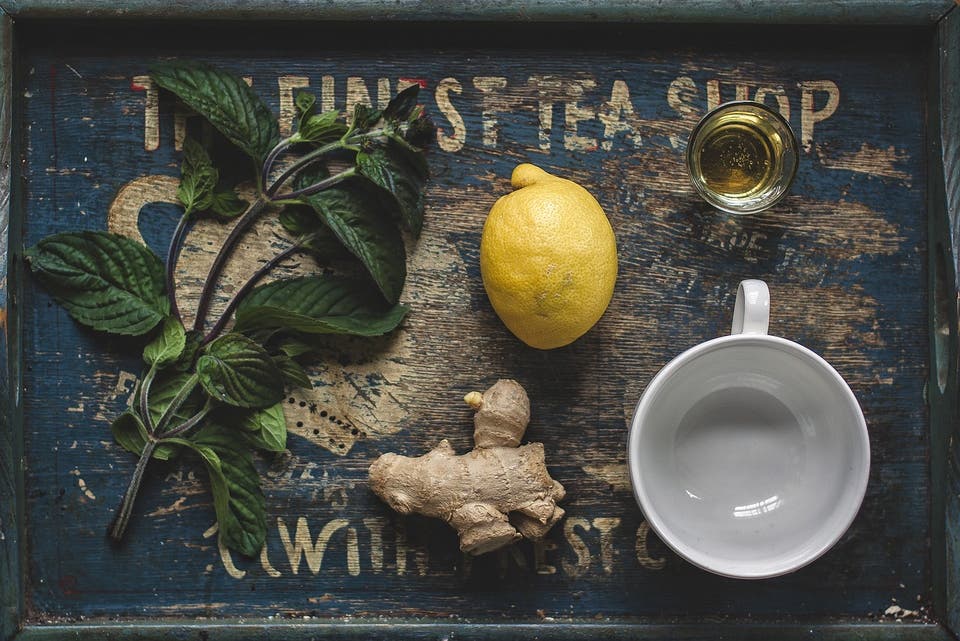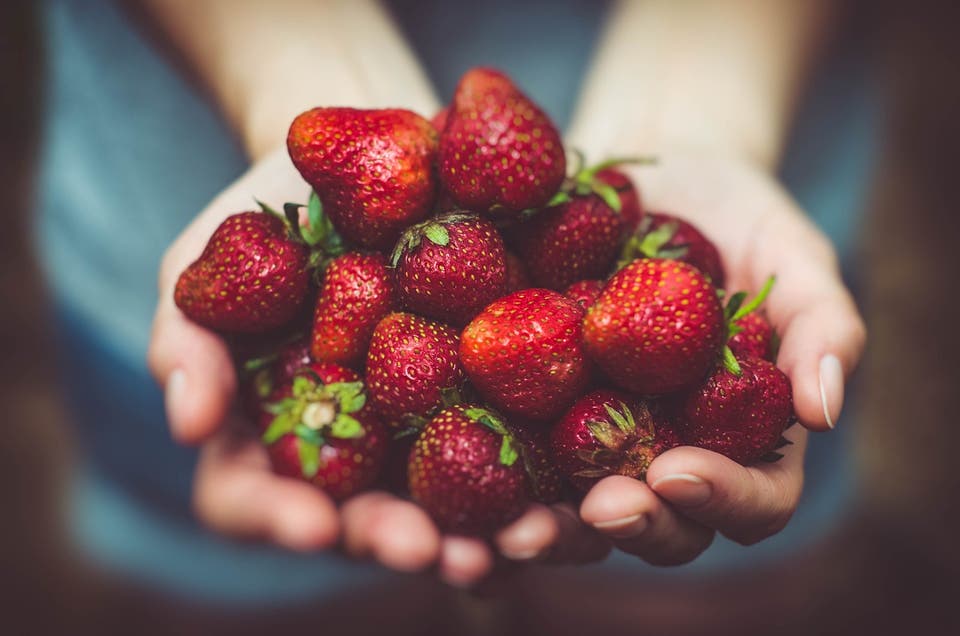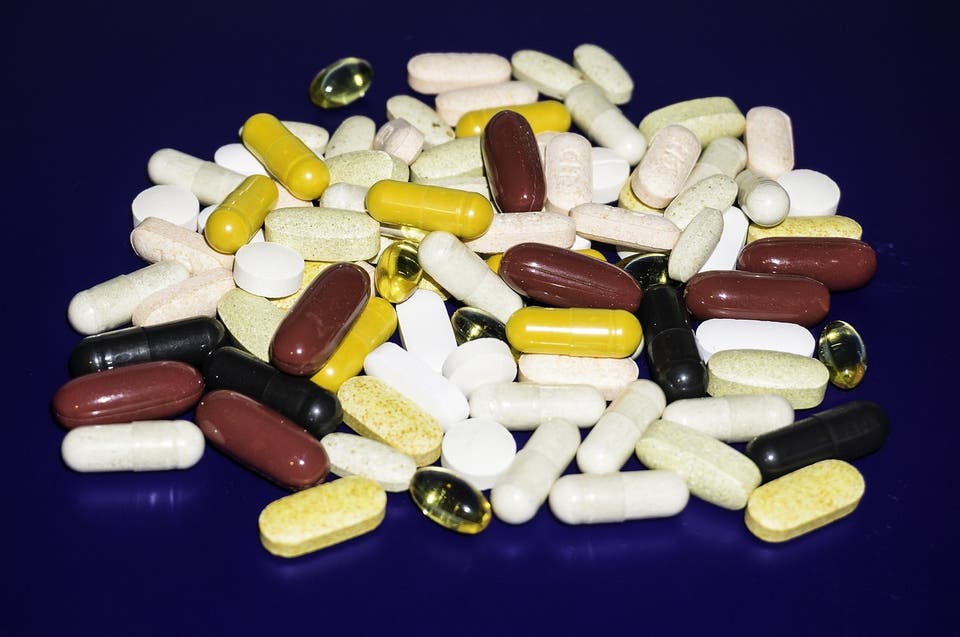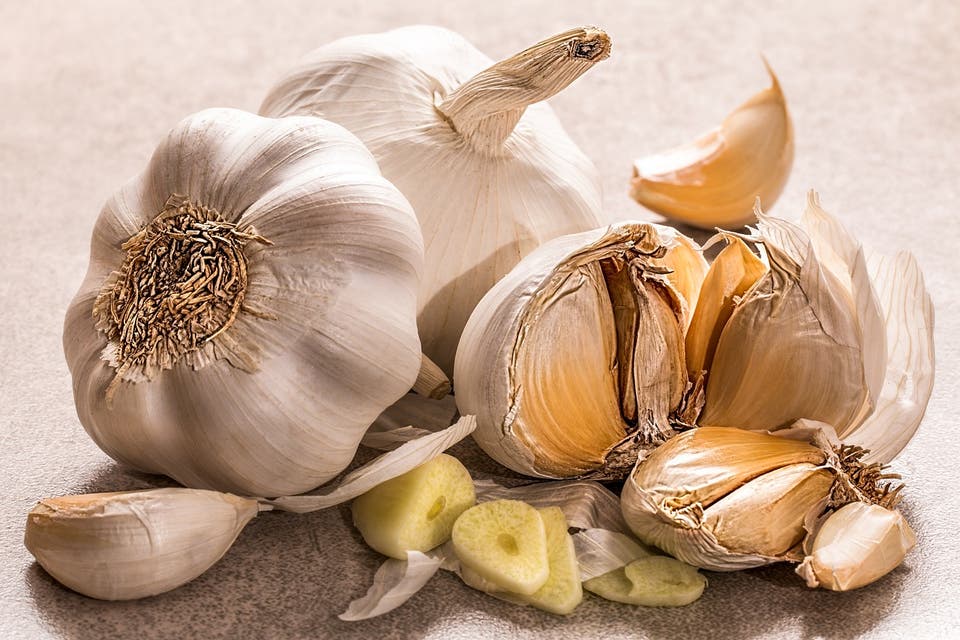With the days getting gloomier and colder, the chaos of sniffle season has well and truly set in, but let’s just get one thing straight, the occasional cold isn’t necessarily a sign that you have a weak immune system. It’s a fact of life that
germs spread (especially in winter) – but it’s how your body deals with invaders that’s important. Your immune system
should jump into action when it encounters a bacterial or viral threat releasing white blood cells and other chemicals to help initiate recovery. This means, a better indication of robust immunity is how quickly you bounce back to feeling like your old self rather than the fact you felt poorly in the first place.
And on the plus side, whilst coughs and colds are frustrating, looking at the bigger picture, the next time the same pathogen strikes your cells will be better primed to fight it off faster. If you want to give yourself a helping hand, these are the only secret weapons you’ll need.

Honey and lemon is a popular remedy which really works, nutritionist Louise Pyne says
Pixabay
Honey and lemon is the classic remedy we all know – and it’s far from a placebo. According to scientists at the University of Oxford, good quality honey, has been shown to be more effective at soothing respiratory tract infections than common medicines. The natural nectar is rich in vitamins, minerals and antioxidants which are lauded for their anti-microbial and anti-inflammatory properties in calming telltale cold symptoms. Standard honey labelled ‘pure’ however is a waste of money as it’s usually industrially made and low in nutrients. Choosing certified Manuka, raw or wildflower honey is your best bet to reap the cold-relieving health benefits and to pimp up the effects of your hot elixir add ginger and a sprinkle of ground turmeric for an extra anti-inflammatory kickstart.
Swap oranges for strawberries

Put down the oranges! Go for strawberries instead
Pixabay
We’ve all heard that vitamin C can help to bolster the immune system, but chugging down a glass of OJ might not be the best way to get your fix. For one, research shows that strawberries and kiwi fruit actually contain more vitamin C than orange so they could be considered better go-to choices, and on a separate note, juicing fruit removes the fibre, turning the fruit into a pretty hefty sugar bomb. A healthier immunity fortifying choice would be protein smoothie with milk, protein powder, kiwi, strawberries, avocado and cucumber. Blending fruit retains more of the fibre so that it’s less sugary and protein helps you stay full.

Vitamin C needs to be taken in large doses to have any effect
Pixabay
We’ve already waxed lyrical about the dietary food sources of vitamin C that can help relieve a stuffy nose, and keeping a stash of vitamin C supplements on hand could also help. In fact vitamin C supplements can be a better alternative to popular over the counter medicines such as First Defence and Lemsip. Rather than letting your body heal naturally, the over the counter options suppress symptoms which can reduce your immune system in the long run. And what’s more, the evidence indicates that some of the popular brands are pretty ineffective with a Food and Drug Administration advisory panel concluding that the decongestant phenylephirine, which is contained in brands like Sudafed doesn’t work when taken orally.
Vitamin C only works for colds when it’s taken in super doses
And make sure you choose a good-quality supplement, as Vitamin C only really works for colds when it’s taken in super doses. One study by researcher at the University of Helsinki found that taking 6g per day shortened colds by 17% which was twice as much compared with taking a 3g dose.
Although it’s good for colds, vitamin C is contraindicated in certain medical conditions, so it’s always worth seeking professional medical advice before taking supplements.

Garlic is a good holistic cold remedy
Pixabay
It might make your breath smelly, but loading up on garlic can be an effective preventative measure against sniffles. A scientific review published in the Cochrane Database of Systematic Reviews found that people who took a garlic supplement for 12 weeks experienced a reduced the risk of developing a cold by 60% compared with those who took a placebo. You can also enjoy the
immunity-protective benefits by adding garlic to your food, by just make sure you mince or crush your cloves instead of using them whole in order to help release the health-giving active ingredient allicin that garlic contains.
Swap Strepsils for zinc lozenges to support your immune system. According to a study in the Journal of Family Practice, zinc supplements helped to shorten the duration and severity of a cold when started early on by up to 48 per cent when taken in doses greater than 75mg.
Zinc supplements help to shorten the duration and severity of a cold when started early
It’s also worth noting that zinc can sometimes bring on queasiness so have a small snack or meal before popping a zinc lozenge and look out for the citrate or gluconate-based zinc formulations for a higher absorption rate. Zinc is also found in pumpkin seeds, and seafood (oysters in particular), so factoring zinc-foods into your diet is also a good approach.
Of course, we can’t talk about the immune system without mentioning digestive health. 70% of immune cells are located in the gut, so poor gut health is likely to make you more prone to recurrent coughs and colds. Taking a probiotic supplement is a good way to prime your gut – just make sure that you choose a formulation with the Lactiplantibacillus plantarum HEAL9 and Lacticaseibacillus paracasei 8700:2 strains because in trials these were the strains that displayed positive effects as a preventative measure.
